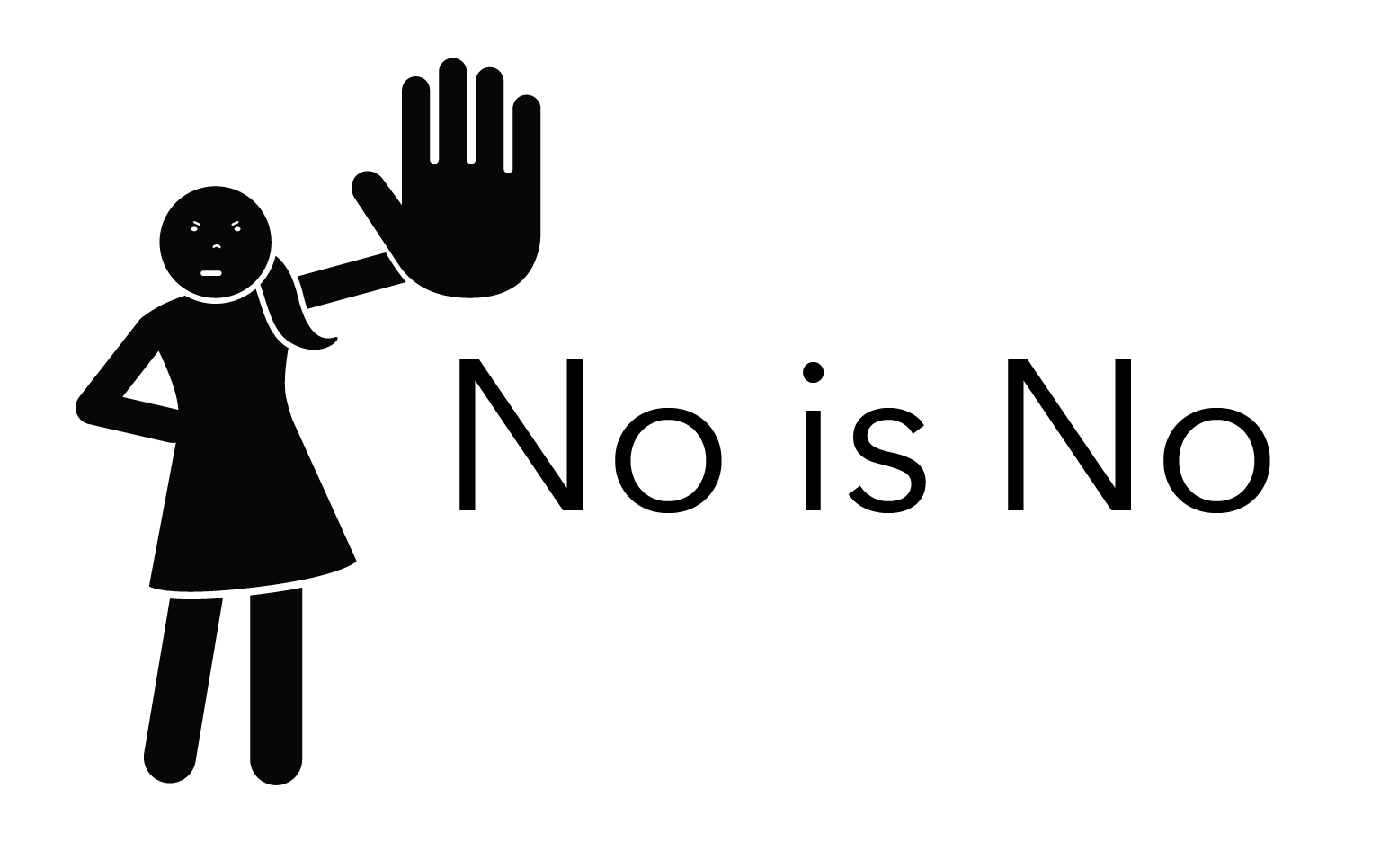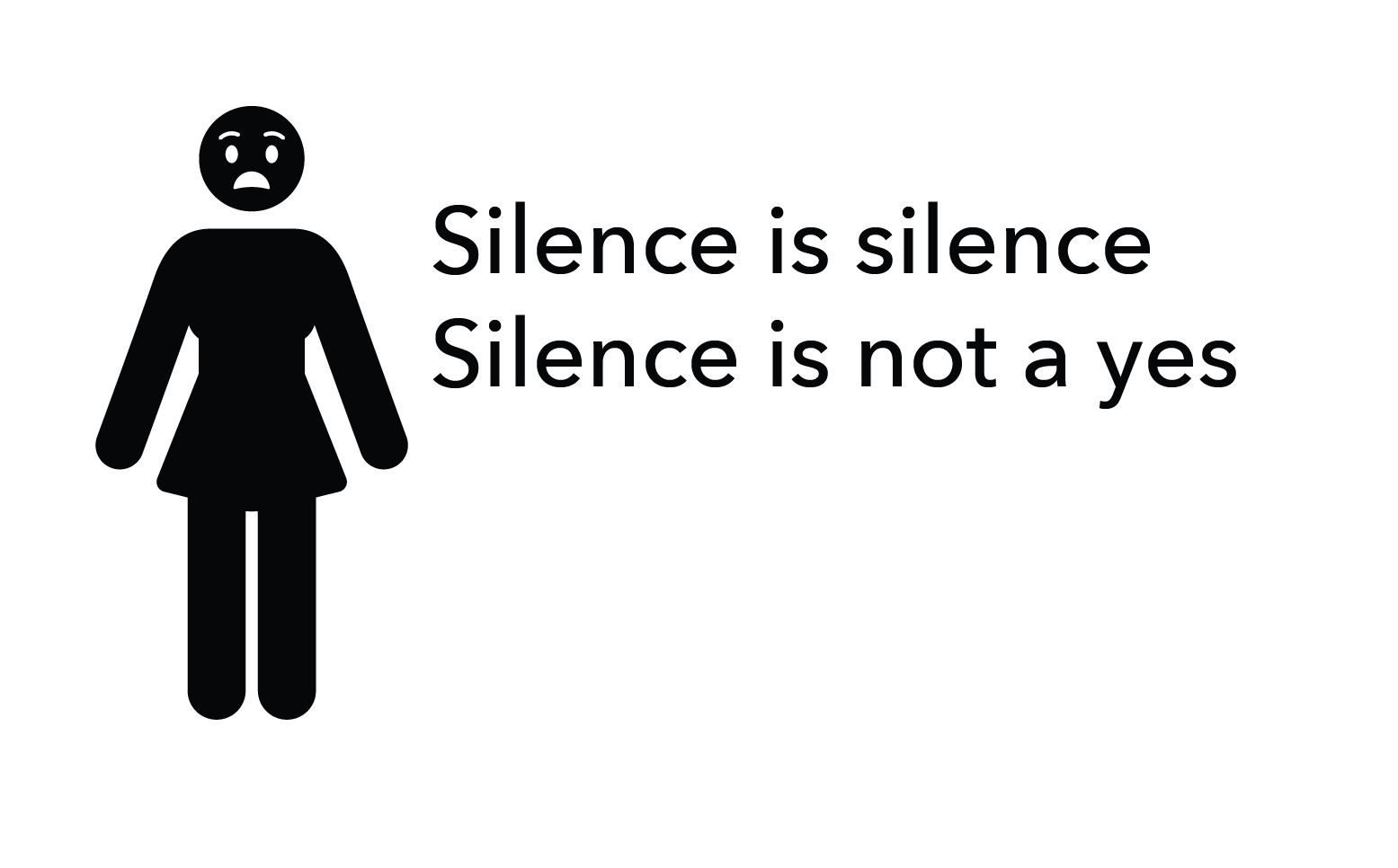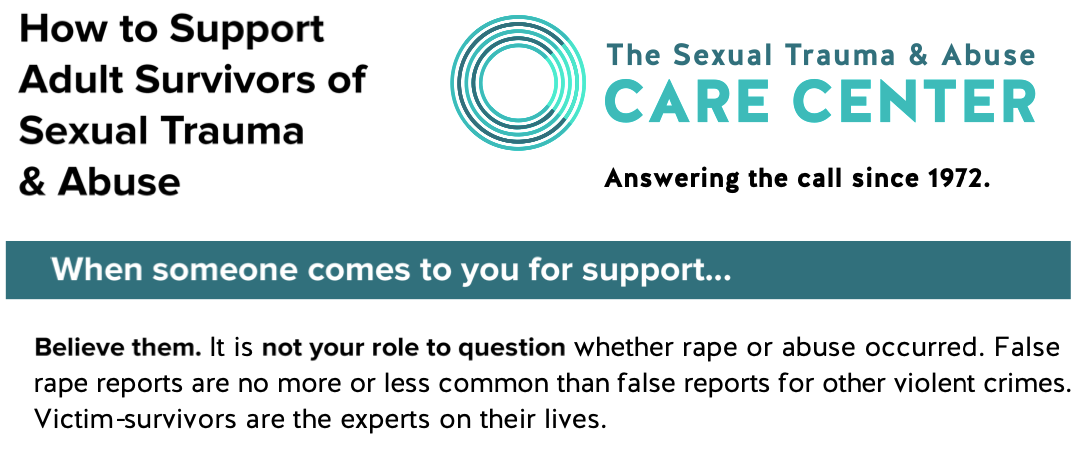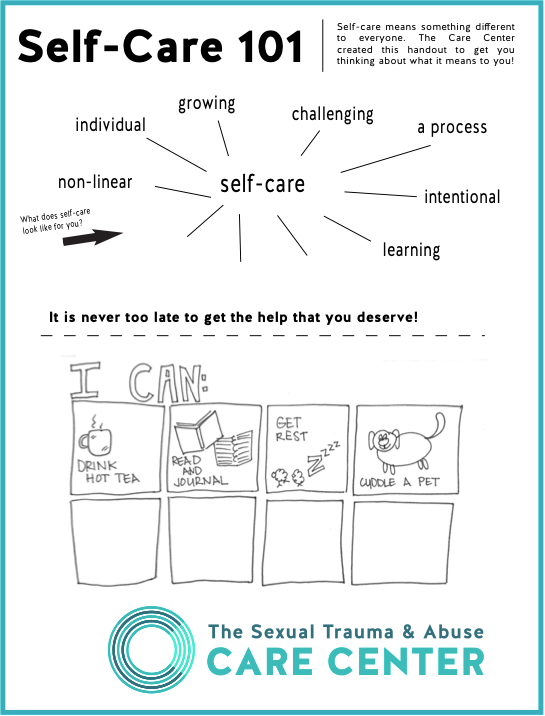Resources
This space brings together resources developed by various institutions and individuals to support survivors of sexual abuse, and other forms of violence.
This page brings together tools that may be useful and can help raise awareness and prevent violence.

Sexual abuse is any act of a sexual nature without consent
Every person has the right to have their life and physical, emotional, and psychological integrity respected. Everyone has the right to have their gender identity respected and to exercise their sexuality freely, responsibly, and safely.

Consent must exist for all sexual activity
Giving consent is the act of saying yes, verbalizing it, and explicitly indicating an agreement to engage in sexual activity.
Even within a relationship—whether married or not—a person has the right to say no and to decide when they do not wish to engage in sexual activity.

Silence is silence, silence is not a yes
In a dangerous or threatening situation, the body can react in three ways: flight, fight, or freeze. If during a rape a person froze, didn't ask for help, didn't fight, or didn't flee, it's not their fault. It's a natural response of the body, and each person reacts differently. All reactions are valid, and silence does not authorize sexual abuse.
How To Make A Domestic Violence Safety Plan
While you can't control your partner's abusive behavior, you can take steps to increase your safety and protect yourself, your children, or your pets from harm by creating a domestic violence (DV) safety plan.
Online Chat https://www.thehotline.org/
I'm in a Toxic and Abusive Relationship – Should I Tell My Doctor?
Dealing with a toxic or abusive partner is not only exhausting, it directly impacts your health.
Make a quick test to decide if you are in a toxic relationship: https://myplanapp.org
You Deserve to Be Safe: A Free Dating Violence Resource for College Students
Are you wondering if your dating relationship is toxic? Are you seeing red flags in your friend's relationship? If something just feels "off" or feels "too good to be true" about a partner (or friend's partner), or if you feel you're walking on eggshells, this is where myPlan can help. https://myplanapp.org

Believe them. It is not your role to question.
- Never blame them for being assaulted or abused. No one ever deserves to be assaulted. ¿Questions like "Why didn't you tell anyone?" or "Why were you drinking?" are placing the blame on the victim.
- Don't take charge of the situation.
- Listen to them. It is crucial to let the survivor know that they can talk when they are ready.
- Ask before you touch. Don't assume that physical contact, even in the form of a gentle touch or hug will be comforting.
- Take care of your own emotional needs.
Full version at: http://stacarecenter.org/wp-content/uploads/2021/03/The-Care-Center-How-to-Support-Adult-Survivors-handout_21.pdf

Trauma-informed care is an approach to engaging people with histories of trauma that recognizes the presence of trauma symptoms and acknowledges the role that trauma has played in their lives.
- Validate their feelings (anger, pain, sadness, fear, shame) and accept the way in which a victim-survivor describes that experience.
- Know your own biases or feelings about rape or sexual assault, and further, understand how this can affect the victim-survivor’s experience.
- Allow the victim-survivor to take the lead in their recovery.Let them talk about the incident on their own time and in their own way.
Continue reading at: http://stacarecenter.org/wp-content/uploads/2021/03/The-Care-Center-Service-Provider-Handout-21.pdf

Everyone reacts to violence in a different way: healing and coping look different for everyone. There are several ways in which you can help the victim - survivor through their individual healing journey. Trauma-informed care is an approach to engaging people with histories of trauma that recognizes the presence of trauma symptoms and acknowledges the role that trauma has played in their lives.
- Validatetheirfeelings(anger,pain,sadness,fear,shame).Youngchildrenmayhave difficulty using words to express their emotions and may “act out” by being aggressive, withdrawing, or showing age -inappropriate sexual behavior. Punishing children for this behavior will not be effective in changing it. Saying things like, “It’s okay to be angry” or other validating statements let them know you’re listening.
- Know your own biases or feelings about sexual trauma and abuse , and further, understand how this can affect the victim - survivor’s experience.
- Allowthevictim-survivortotaketheleadintheirrecovery.Letthemtalkaboutthe incident on their own time and in their own way.
Continue reading at: http://stacarecenter.org/wp-content/uploads/2021/03/The-Care-Center-Working-with-Children-and-Youth-Survivors_21.pdf

Neurobiology of trauma informs us of how the brain and body respond to trauma and help us understand the various ways that victim-survivors react. It provides first responders, service providers, and victim-survivors with scientific answers to something that society has historically dismissed and silenced.
Trauma begins when an event or experience overwhelms normal coping mechanisms.
Events are traumatic not because they are rare, but because they overwhelm our normal coping responses. An individual ’s normal coping responses provide a sense of control, connection, meaning, and safety.
Neurobiology of trauma teaches us that the body ’s responses to trauma are natural responses to protect ourselves.
Continue reading at: http://stacarecenter.org/wp-content/uploads/2021/03/The-Care-Center-Neurobiology-of-Trauma-21.pdf
What were you wearing?
Tracey Ullman's Show: Season 2 Episode 6 Preview - BBC
GUIDANCE: Adult humor ... that puts into perspective what sexual abuse survivors often face in real life

